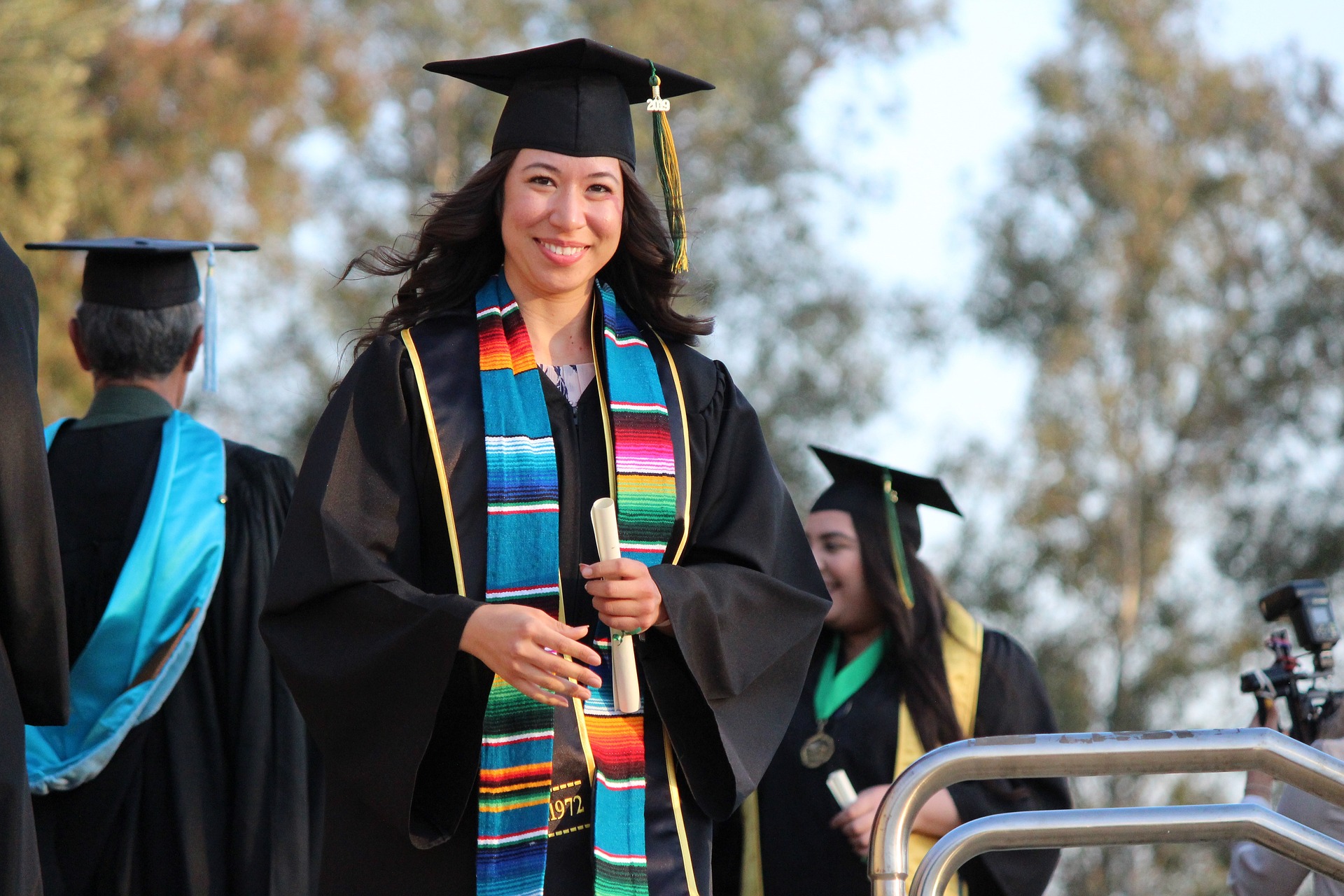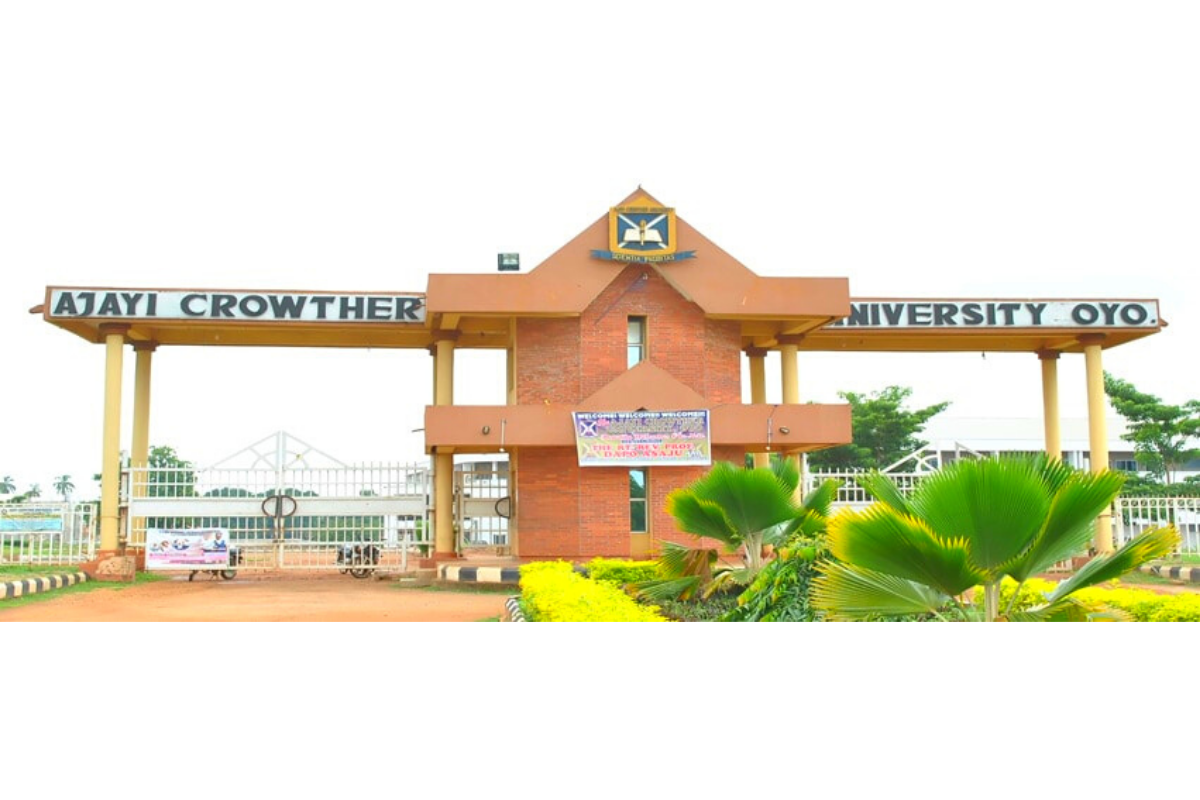The University of New Brunswick (UNB) stands as a renowned institution in Canada, offering a diverse range of academic programs and opportunities for students, also attracting students from around the globe with its world-class education and vibrant campus life. For prospective students who aspire to join the UNB community in 2023, it is essential to understand the acceptance rate, admission requirements, scholarships, and tuition fees.
The University of New Brunswick is one of Canada’s oldest and most respected universities, the University of New Brunswick (UNB) has a rich history of academic excellence, innovation, and student-centered learning. With a commitment to providing a transformative educational experience, UNB stands as a premier institution, offering a wide range of programs, world-class faculty, vibrant campus life, and a supportive community.
In this blog post, we will delve into these crucial aspects, providing you with the information you need to navigate the admissions process effectively.
Table of Contents
What To Know About The History of the University of New Brunswick (UNB)
The University of New Brunswick (UNB) holds a storied history as one of Canada’s oldest and most respected universities. Established in 1785, it is a testament to the country’s dedication to education and has played a significant role in shaping the intellectual landscape of the nation.
UNB’s history can be traced back to the founding of King’s College, the first chartered university in the British colonies of North America. King’s College was established by Loyalists who fled the American Revolution and sought to establish a center of learning in what is now New Brunswick. The college received its royal charter from King George III, and its early years were marked by a strong emphasis on classical education and theology.
Over the years, the institution went through several transformations and name changes. In 1828, King’s College became the University of New Brunswick, reflecting its broader mission and commitment to serving the province. The university expanded its academic offerings, introducing new faculties and programs to meet the changing needs of society.
Throughout its history, UNB has been a pioneer in education and research. It was the first Canadian university to offer computer science as an academic discipline, and it played a vital role in the development of the Canadian internet. UNB’s commitment to innovation and research excellence has led to groundbreaking discoveries and contributions across various fields, including engineering, health sciences, and the humanities.
Today, UNB stands as a comprehensive university with two main campuses in Fredericton and Saint John. It offers a wide range of undergraduate and graduate programs, attracting students from around the world. UNB’s faculty comprises accomplished scholars and researchers who are dedicated to providing high-quality education and fostering a vibrant intellectual community.
UNB’s impact extends beyond the classroom. The university has strong ties to the local community, collaborating with industry partners, supporting entrepreneurship, and contributing to economic development. Its graduates have gone on to excel in various fields, making significant contributions to society, both in Canada and internationally.
As it celebrates over two centuries of existence, the University of New Brunswick remains committed to its founding principles of academic excellence, research innovation, and community engagement. With a rich history and a dedication to preparing students for the challenges of the future, UNB continues to shape the minds of tomorrow and contribute to the advancement of knowledge and the betterment of society.
Check out: Olabisi Onabanjo University: 2023 Cutoff Mark, Admission requirements, Scholarships, Tuition
University of New Brunswick Acceptance Rate
The acceptance rate at the University of New Brunswick (UNB) can vary from year to year and may also differ based on the program of study. The University of New Brunswick has an acceptance rate of 79%. International applicants are accepted mainly based on their GPA, high school rank, and the letters of recommendation they have received from professionals or individuals at their previous institutions.
See also: Nasarawa State University: 2023 Cutoff Mark, Admission Requirements, Scholarships, Tuition
University of New Brunswick Admission requirements
| Courses | Exam |
|---|---|
| Engineering | GRE, IELTS , TOEFL |
| Information Technology (IT) | IELTS, TOEFL |
| Management | IELTS, TOEFL |
| MBA | GRE , GMAT , IELTS , TOEFL |
| Science | IELTS , TOEFL |
For International Students
High school students applying to undergraduate programs at the University of New Brunswick must meet the following three sets of requirements in order to be considered for admission.
1. English language proficiency requirements
Undergraduate applicants whose native language is not English require the following English language proficiency minimum scores for direct entry into most academic programs:
- TOEFL IBT with a minimum overall score of 85
- IELTS or IELTS Indicator with a minimum overall score of 6.5
- CAEL CE or CAEL Online with a minimum overall score of 60
- Pearson Vue Test with a minimum score of 59
- Cambridge English Assessment C1 advanced or C2 proficiency with a minimum score of 176
- Duolingo with a minimum overall score of 115
The following undergraduate programs require a minimum IELTS score of 7.0 (or equivalent) for direct entry
- Fredericton campus: Nursing, Education, and Arts
- Saint John campus: Nursing, Health Sciences
2. Country-specific admission requirements
We accept qualified applicants from all countries who have completed their national high school curriculum or equivalent. Please refer to the country-specific admission requirements.
We welcome and encourage applications from International Baccalaureate (IB) students, Advanced Placement (AP) students, and GCSE students.
IB: Students who complete higher-level IB courses and achieve a score of 5, 6 or 7 may be eligible for advanced standing and/or transfer credit in the following subject areas (except where otherwise indicated): Biology, Chemistry, Economics, English, French, Geography (Fredericton campus only), German (Fredericton campus only), History, Math and Physics (minimum score of 6 is required in Physics on the Fredericton campus).
AP: Students who complete AP courses and achieve a score of 3, 4, or 5 may be eligible for advanced standing and/or transfer credit in the following subject areas (except where otherwise indicated): Art History (Saint John campus only), Biology, Calculus (minimum score of 4 is required in Calculus), Chemistry, Computer Science, Economics, English, French, German (Saint John campus only), History, Human Geography (Fredericton campus only), Physics (minimum score of 4 is required in Physics), Psychology (Fredericton campus only), Spanish and Statistics (Saint John campus only).
Other subject areas: Students who have successfully completed IB or AP courses in subject areas other than those listed above may apply to have those courses assessed for advanced standing and/or transfer credit on a case-by-case basis. Copies of the official curriculum will be required.
3. Program-specific admission requirements
Students must also satisfy the program course requirements for their program of choice.
Transferring students
Applications from students looking to transfer from another post-secondary institution are welcomed and encouraged.
Transfer students who wish to receive credit for prior post-secondary coursework must submit official course summaries for each course they have taken, in addition to satisfying our usual admission requirements. Depending on the circumstances, transfer credits will be decided in accordance with faculty standards at UNB. To provide faculty enough time to assess course descriptions, transfer applicants should submit their applications early.
Regardless of whether they are applying for transfer credit, all applicants are required to report any prior attendance at other post-secondary schools in Canada or overseas. Failure to provide this information could lead to the student’s application being rejected or to a future suspension from UNB.
Chec also: Ekiti State University: 2023 Cutoff Mark, Admission Requirements, Scholarships, Tuition
University of New Brunswick (Saint John) Undergraduate Admissions Requirements
University of New Brunswick offers a wide range of UG programs to international students. To apply for admission the applicant has to fulfill the following requirements –
Application Portal: University Portal
Application Fee: $125
Academic Requirements –
- Original final secondary school transcripts with a minimum GPA of 2.75.
- Proof of English Proficiency
- Fulfill Course-specific academic requirements. Click here for more information.
- Financial support form
- Proof of Health Insurance Cover
- Student Agreement Form Copy of Passport
- Copy of Visa Application Form
Read also: University of Port Harcourt: 2023 Cutoff Mark, Admission requirements, Scholarships, Tuition
Admission Requirements for Graduate Students
The University of New Brunswick (UNB) offers a variety of programs in more than 30 departments and faculties if you have finished your undergraduate studies and are interested in pursuing master’s or doctoral (Ph.D.) studies.
Master’s Programs Requirement
A bachelor’s degree in computer science (or a closely related subject, such as engineering or science), a minimum GPA of B for the MCS by coursework and MACSec programs, and typically a minimum of B+ for the MCS by thesis or report program, are the entry criteria for the master’s program. The following fields of computer science are anticipated of applicants: software engineering, data structures, operating systems, algorithms, and computer architecture.
For undergraduate students enrolled in the BCS honors program, the BCS/MCS & BScCS/MCS accelerated program offers the chance to pursue a planned, streamlined path to the MCS degree program and enable quicker completion of the MCS program.
Ph.D. program requirements
The minimum entry requirements for the Ph.D. program are a research-based master’s degree in computer science or a closely related field from an accredited university with first-class standing. Before being accepted into the Ph.D. program, students must have a supervisor at UNB.
Students who are enrolled in a computer science master’s degree may, in unusual cases, transfer into the Ph.D. program. Before getting admitted to the Ph.D. program, master’s degree holders who majored in courses must show they have the ability to do original research.
See also: Igbinedion University: 2023 Cutoff Mark, Admission Requirements, Scholarships, Tuition
University of New Brunswick Scholarship Program
- 1 in 2 students entering UNB from high school receives a scholarship
- NEW* Lady Vi Aitken Scholarship valued at $40,000 over 4 years for a top international student. Complete the entrance scholarship application to be considered
- Awards for international students range from $500 to $40,000
- The average scholarship amount per recipient was $4,100 for 2021/22
- Last year UNB awarded over $10.2 million in scholarship funding alone (not including bursaries, prizes, and awards)
- Every year is a fresh start. With UNB’s annual scholarship program, grades from the previous assessment year are used to determine a student’s scholarship funding in the upcoming academic year
If you would like to be considered for UNB scholarships, you must submit an entrance scholarship application by March 1. Late applications will be accepted. If funding permits, these applications will be reviewed.
How to Apply for Scholarships
- Apply for admission
- Once accepted, activate your UNB IT Services
- Sign in to myUNB and apply for entrance scholarships by March 1. Late applications will be accepted until April 30. If funding permits, these applications will be reviewed over the summer.
Read also: Brock University: 2023 Cutoff Mark, Admission Requirements, Scholarships, Tuition
University of New Brunswick Tuition Fees
| Courses | Duration | Tuition Fees |
|---|---|---|
| MBA (5 Courses) | 15 Month – 4 Year | CAD 12980 – CAD 29505 |
| Engineering (20 Courses) | 18 Month – 4 Year | CAD 7986 – CAD 11481 |
| Science (4 Courses) | 1 Year – 4 Year | CAD 7986 – CAD 11856 |
| Information Technology (IT) (3 Courses) | 20 Month – 4 Year | CAD 2898 – CAD 11481 |
| Management (6 Courses) | 1 Year – 4 Year | CAD 7986 – CAD 14996 |
How much are the University of New Brunswick Graduate Tuition Fees?
The following cost estimates for graduate students, both domestic and international, have been developed to help you fully understand what it will cost to live and learn while attending UNB’s School of Graduate Studies.
Due to hikes, exchange rate fluctuations, and individual spending preferences, all fees are subject to vary; these are simply estimates for planning purposes and cannot be guaranteed.
The program fee indicates tuition for the terms of September 2023 through August 2024. Tuition and fees are paid for each term (Fall, Winter, and Summer).
For full-time students exclusively, the following estimates are provided. For more information on the different tuition and fee schedules for part-time, continuing, qualifying, online, and programs with additional costs, see UNB Financial Services or the charts below.
Refers to graduate programs that include a thesis or dissertation component.
Course-based: is used to describe graduate programs that only involve coursework.
- Research-based: Refers to graduate programs involving a thesis or dissertation component
- Course-based: Refers to graduate programs involving course-work only
International students
Cost estimates for a complete year of study for international students are provided below. There is an automatic scholarship (good for up to three years) available to international Ph.D. applicants to offset the International Student Fee Differential.
The costs for applicants to the following programs vary MBA Fredericton, MBA Saint John, MA Economics, Masters in Environmental Management, Masters in Quantitative Investment Management, and Masters in Technology Management Entrepreneurship.
Research-based (International)
| Tuition | $6,975.00 |
| International Fee Differential | $5,460.00 |
| International Emergency Health Insurance | $600.00 |
| International Health Travel Insurance | $64.50 |
| GSA Health and Dental Insurance (1 year individual coverage) | $605.00 |
| GSA Universal Bus Pass | $148.00 |
| Graduate Student Association Fee | $180.00 |
| *Mandatory Fees | $480.00 |
| Total | $14,512.50 |
| Accommodations (based on 2 bedrooms including shared utilities) | $7,300.00 |
| Food / Living Expenses | $5,000.00 |
| Books / Supplies | $2,000.00 |
| Local Travel | $800.00 |
| Total (including Living Expenses) *Estimated amounts | $29,612.50 |
Course-based (International)
| Tuition (per course fee based on 10 courses) | $8570.00 |
| International Fee Differential (per course based on 10 courses) | $5450.00 |
| International Emergency Health Insurance | $600.00 |
| International Health Travel Insurance | $64.50 |
| GSA Health and Dental Insurance (1-year individual coverage) | $605.00 |
| GSA Universal Bus Pass | $148.00 |
| Graduate Student Association Fee | $180.00 |
| Mandatory Fees (per course, based on 10 courses | $315.00 |
| Mandatory Fees (per term) | $168.00 |
| Total | $16,100.50 |
| Accommodations (based on 2 bedrooms including shared utilities) | $7,300.00 |
| Food / Living Expenses | $5,000.00 |
| Books / Supplies | $2,000.00 |
| Local Travel | $800.00 |
| Total (including Living Expenses) *Estimated amounts |
Conclusion
The University of New Brunswick offers an enriching educational experience that prepares students for successful careers and personal growth. As a prospective student planning to join UNB in 2023, understanding the acceptance rate, admission requirements, scholarships, and tuition fees is crucial for a smooth transition into university life.
While specific acceptance rates may not be publicly available, focusing on meeting the admission requirements and submitting a strong application will increase your chances of acceptance. UNB’s scholarship programs and competitive tuition fees further provide opportunities for financial support.
For precise and up-to-date information, visit the UNB website or contact the admissions office. Embrace the possibilities that UNB offers, and embark on an educational journey that will shape your future success.
Reference
- https://en.wikipedia.org
- https://www.unb.ca/moneymatters/scholarships/international.html
- https://www.jeduka.com
Recommendations
- Madonna University: 2023 Cutoff Mark, Admission Requirements, Scholarships, Tuition
- Lagos State University of Science and Technology: 2023 Admission, Cutoff Mark, Scholarships, and Tuition Fees
- Edo State University: 2023 Cutoff Mark, Admission Requirements, Scholarships, Tuition
- Ebonyi State University: 2023 Cutoff Mark, Admission requirements, Scholarships, Tuition






